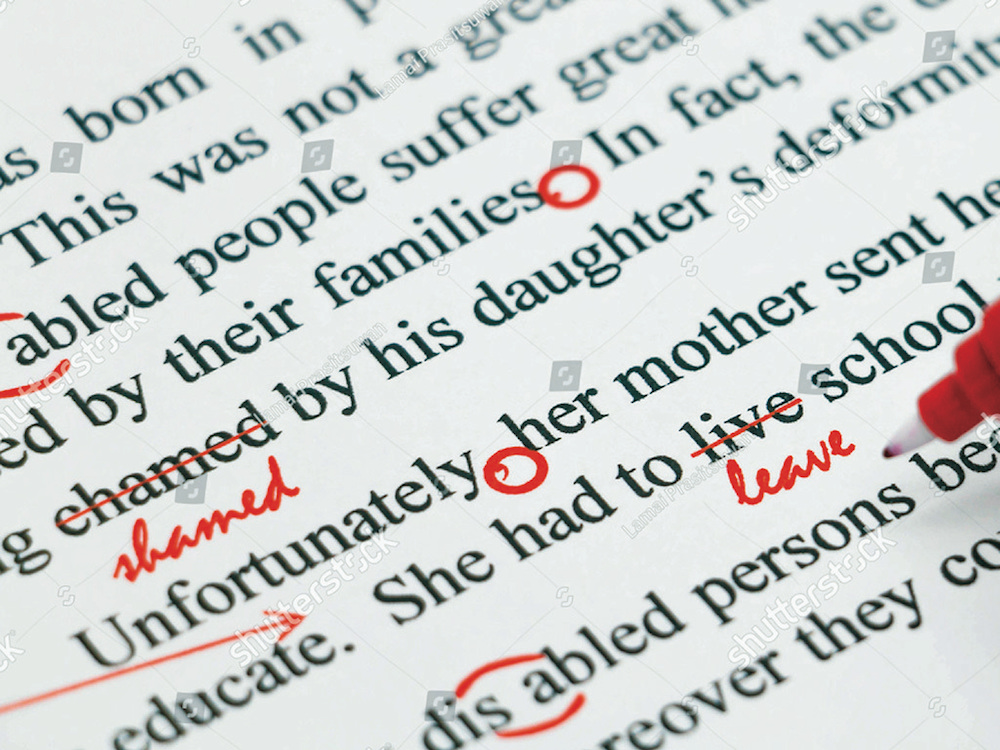Innumerable grammar memes flood the internet every day. Most of us have come across one at some point or another. There are several ways people react to them—they laugh it off, poke fun at someone who they know is a grammar fanatic, don’t see what all the fuss is about, or think that grammar is an utterly pointless pile of slush. But these memes resonate at a deeper level for those of us who work in the publishing industry, especially in the editorial field.
So, what makes a good editor? A precise answer is someone who ensures the content of a book adheres to the house style, who improves overall flow and finesse, and who has a keen eye for noticing and rectifying inconsistencies, loopholes, and any kind of structural and logical oversights. It is common knowledge that most of the large publishing houses do not employ in-house copyeditors and proofreaders. They outsource the work to freelancers.
Freelancers, on the other hand, don’t work exclusively for a single publisher; they work for multiple publishing houses, sometimes on simultaneous projects. This could get quite overwhelming since most publishers have separate house styles that need to be followed. But over time, the freelancers hone their skills and become adept at noticing a misplaced comma, missing hyphens, or inconsistent spelling. At some point, editing becomes a habit.
Obsessing over why UK and US spellings are all mixed up in a book published for the US market; balking at grammatical and punctuation errors; compulsively making note of inconsistencies; wondering how all these “silly” mistakes managed to get past the editors and proofreaders all become the new norm. Slowly, gradually, unknowingly, you turn into the infamous grammar fanatic. Some people own up to it, while some live in perpetual denial, insisting they are just doing their job.
H. G. Wells once said, “No passion in the world is equal to the passion to alter someone else’s draft.” It’s a sentiment that’s both simple and inherently true! Sometimes it’s hard to stop yourself from correcting a mistake, but being cognizant of whether or not your inputs are welcome helps a great deal. Although it’s almost possible to stop noticing errors when you are in the profession of editing and proofreading, it is quite possible to tone down your urge to rectify every mistake you come across.
So how do you stop yourself from noticing errors when you want to sit back, relax, and read a good novel? How do you compartmentalize work and passion when your work is your passion? How do you start enjoying the one thing that made you choose this profession in the first place? Hopefully, I will be able to answer that sooner rather than later. It is definitely going to be a steep learning curve!

